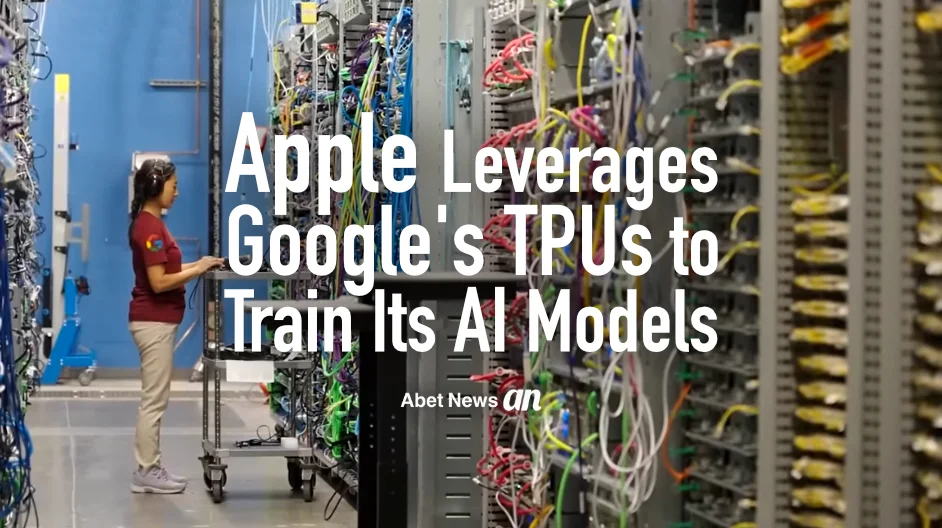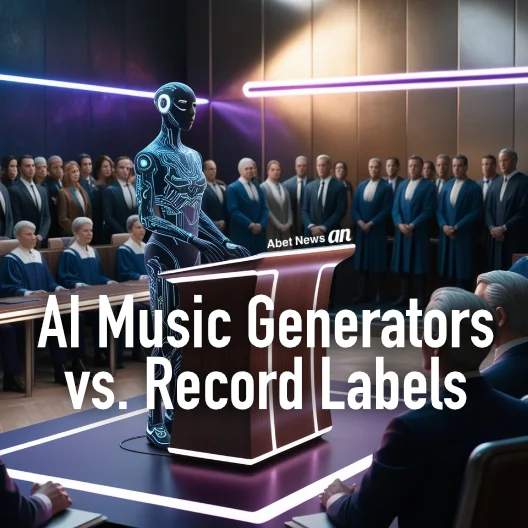Apple Leverages Google’s TPUs to Train Its AI Models

In a surprising move, Apple has opted to rent Google’s Tensor Processing Units (TPUs) to train its AI models, paying approximately $2 per hour for each chip. This decision underscores the growing collaboration between tech giants in the AI space.
Google’s latest generation of TPUs, known as the Trillium system, is at the heart of this partnership. These specialized microchips power a wide array of Google’s services, including Search, YouTube, and Ads. The Trillium system, which will be publicly available later this year, represents the cutting edge of AI hardware.
TPUs are integral to training AI models, including Google’s own chatbot, Gemini, and now Apple’s AI. In a recent paper, Apple disclosed its use of Google’s TPUs, marking a significant shift in its AI strategy.
The journey of TPUs began in 2017 when a group of eight Google researchers published the groundbreaking paper that introduced the transformer model. The first Trillium system was developed at Google’s Silicon Valley headquarters, setting the stage for the advanced AI capabilities we see today.
Google’s data centers still rely heavily on traditional chip giants like Intel and AMD for CPUs and Nvidia for GPUs. However, Google has carved out a niche with its application-specific integrated circuits (ASICs), which are more efficient for specific tasks. The TPU, Google’s AI-focused ASIC, has been a game-changer since its launch in 2015. Google also produces other ASICs, such as Video Coding Units (VCUs) for YouTube, and custom chips for its devices, like the G4 for the AI-enabled Pixel 9 and the A1 for Pixel Buds Pro 2.
Research by Daniel Newman’s team highlights Google’s dominance in the custom cloud AI chip market, with TPUs holding a 58% market share, followed by Amazon at 21%.
Since the inception of TPUs, Google has partnered with Broadcom, a chip developer that also collaborates with Meta on AI chips. Broadcom has invested over $3 billion in R&D to support these partnerships.
AI chips are incredibly complex, involving numerous components. Google focuses on the compute aspects, while Broadcom handles the peripheral elements. The final designs are manufactured primarily by Taiwan Semiconductor Manufacturing Company (TSMC), which produces 92% of the world’s most advanced semiconductors.
The geopolitical stability of Taiwan is crucial for the global tech industry. Any disruption could significantly impact companies like Google, Amazon, Apple, and Nvidia. To mitigate such risks, the White House has allocated $52 billion in CHIPS Act funding to support semiconductor manufacturing in the US, with substantial investments from Intel, TSMC, and Samsung.

For a deeper dive into this topic, watch the CNBC feature on how Google makes custom cloud chips that power Apple AI and Gemini: Watch here.
Petra Lugar





